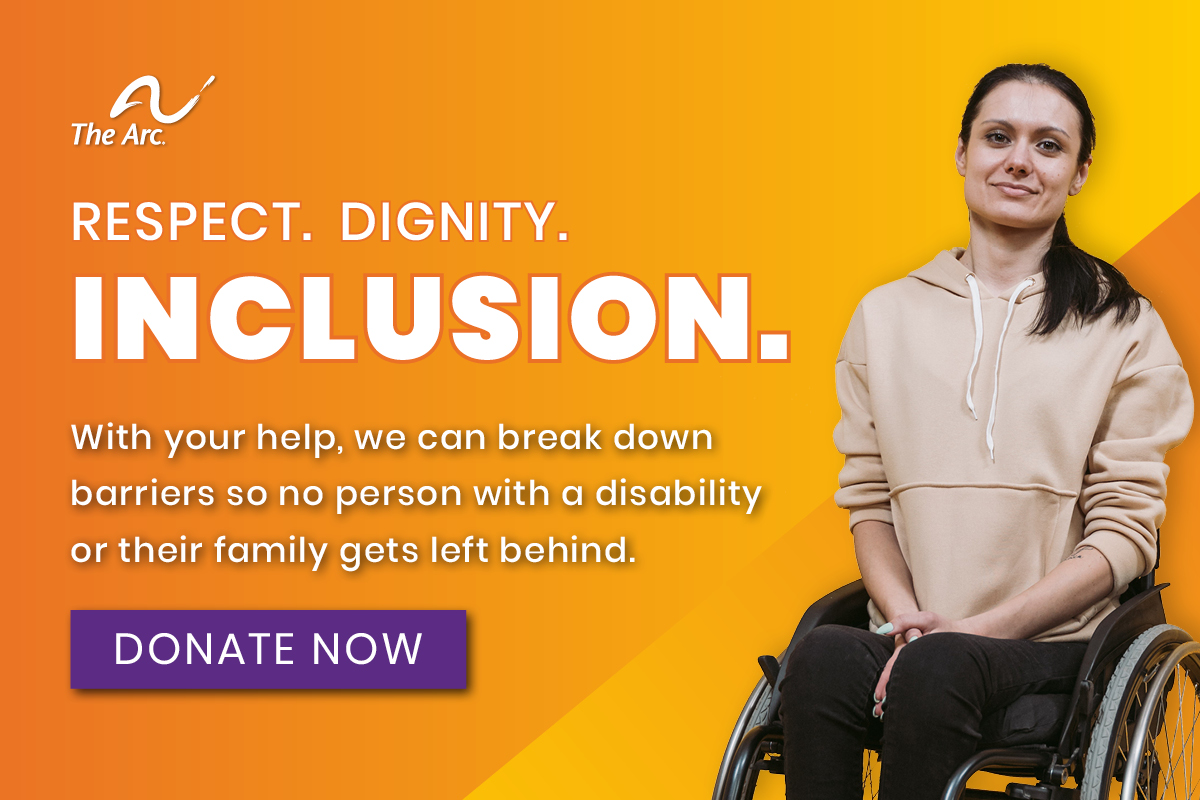Contents
- What are typical accommodations that are offered to students with disabilities at college?
- Are there specialized support services available?
- How do faculty learn about a student’s approved accommodations?
- Where can students learn more about this?
What are typical accommodations that are offered to students with disabilities at college?
Some common accommodations that are offered to students with disabilities in college include:
- Alternative testing options including extra time, audio format and separate room for test taking
- Interpreting for students who need sign language or oral interpreters
- Real-time captioning or CART
- Note taking
- Reformatting documents – audio, enlarged text, braille, electronic
- Preferential seating
- Reduced credit load
- Assistive technology lab
Are there specialized support services available?
Colleges may also provide other accommodations but offer them on a case-by-case basis. Some of these specialized supports include:
- Course substitutions
- Personal attendants
- Coaches or mentors
Sometimes, colleges have grant funds or a student may receive funding from vocational rehabilitation to pay for these specialized supports but students will need to talk to staff in disability services at the college to determine how they might be accessed.
How do faculty learn about a student’s approved accommodations?
- Colleges have different policies and procedures for informing the professor about accommodations. In most cases, the disability services staff will provide a letter, outlining the recommended accommodations, to the student.
- In some cases, students need to bring the letter to each professor to discuss how the accommodations will be implemented. One recommendation for students is to plan to meet the professor in person before the course begins. At this meeting, the professor has the opportunity to ask any clarifying questions he or she might have about the accommodations and how they can be applied to course activities and assignments.



